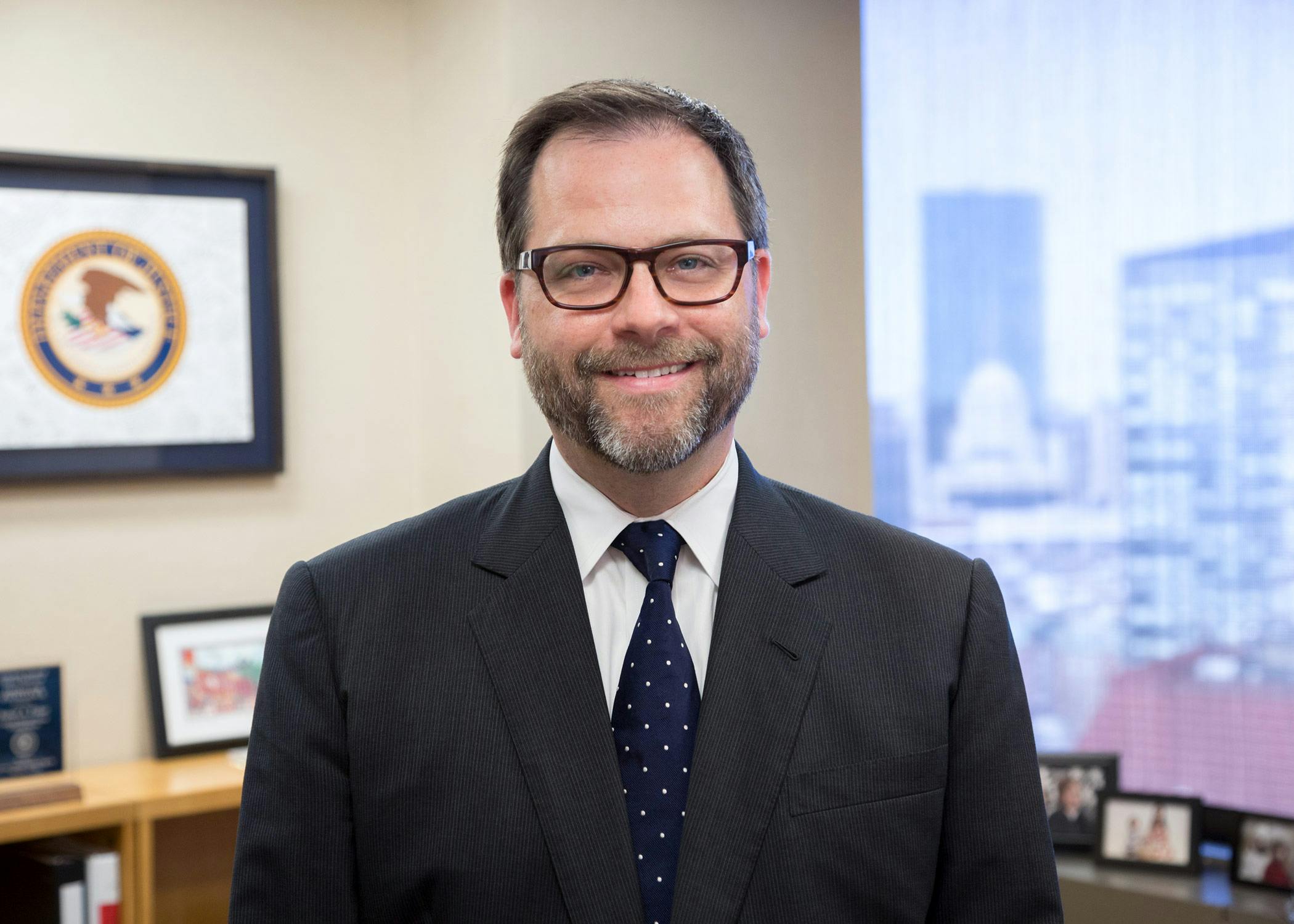In recent weeks, Nixon Peabody practitioners who specialize in representing scientists, universities, and corporations under scrutiny for their ties to foreign countries have seen a significant increase in investigative activity. Over the last few weeks, the amount of engagement the firm has received from professors and universities who have had contact from law enforcement is startling. Whether the “China Initiative” comes back officially or not, academia and technology companies should expect these types of cases to return in the coming months and years.
Background on the China Initiative
The China Initiative was a program launched by the National Security Division of the Department of Justice during the first Trump Administration in November 2018. The goal of the program was ostensibly to prosecute potential Chinese spies in American research and industry in order to combat economic espionage. In reality, most cases brought under the initiative were fraud charges against academic scientists, often for failing to list some affiliation with a foreign entity on a grant application.
In 2021, the government charged MIT professor Gang Chen under a similar theory. Professor Chen worked with Nixon Peabody to fight the charges, and the government was forced to drop the case because it could not show any of the supposed omissions were material. The defeat was major international news, and the Department ended the initiative the following month.
Cases brought under the initiative had far lower success rates than is typical for the Department of Justice. Nevertheless, prominent elected officials have called for the initiative to return and have even filed legislation to do the same. Last month, Congressman Lance Gooden (R-TX) reintroduced the Protect America’s Innovation and Economic Security from CCP Act, which aims to establish a “Chinese Communist Party Initiative” within the National Security Division of the Department of Justice (DOJ) to, inter alia, “counter nation-state threats to the United States” as well as “curb spying by the Chinese Communist Party on United States intellectual property and academic institutions in the United States.” H.R. 1398, 119th Cong., § 2 (2025).
How can scientists and universities defend themselves against government overreach?
Whether the Initiative formally returns or not, recent law enforcement actions targeting our clients haves led us to believe that law enforcement and prosecutors currently feel empowered to bring these types of cases. Moreover, government disclosure requirements are now far more specific than they were during the prior China Initiative and thus defending against these inquiries will be much more difficult. Universities and professors should be operating with this in mind.
For professors, scientists, and other individuals this means:
- Be mindful of your right to not speak with law enforcement. Agents will often approach professors at home; if they do so, you can simply ask for contact information and indicate that an attorney will reach out about any further communication.
- If possible, consider not traveling internationally with your primary electronic device as it can be subject to searches upon leaving or re-entering the country.
- Make sure your conflicts of interest disclosures are up to date. Do not assume something is not material unless explicitly stated by your university.
- Understand that your university email often does not have any expectation of privacy, meaning the government can access it with only limited evidence of criminal activity.
These precautions are not exhaustive, and you should reach out to experienced legal counsel if you are unsure about your situation.
For university administrators this means:
- Ensuring you have clear policies and procedures on foreign collaboration, foreign engagement, the reporting of such activities, and that you are consistently training your faculty on those policies.
- Auditing existing grants to ensure you have accurately disclosed university level foreign collaborations.
- Developing a response plan for how you will engage with law enforcement requests for information on professors. In this response plan it is imperative to provide clear guidelines regarding whether professors’ phones, emails, and text messages are personal or university property.


